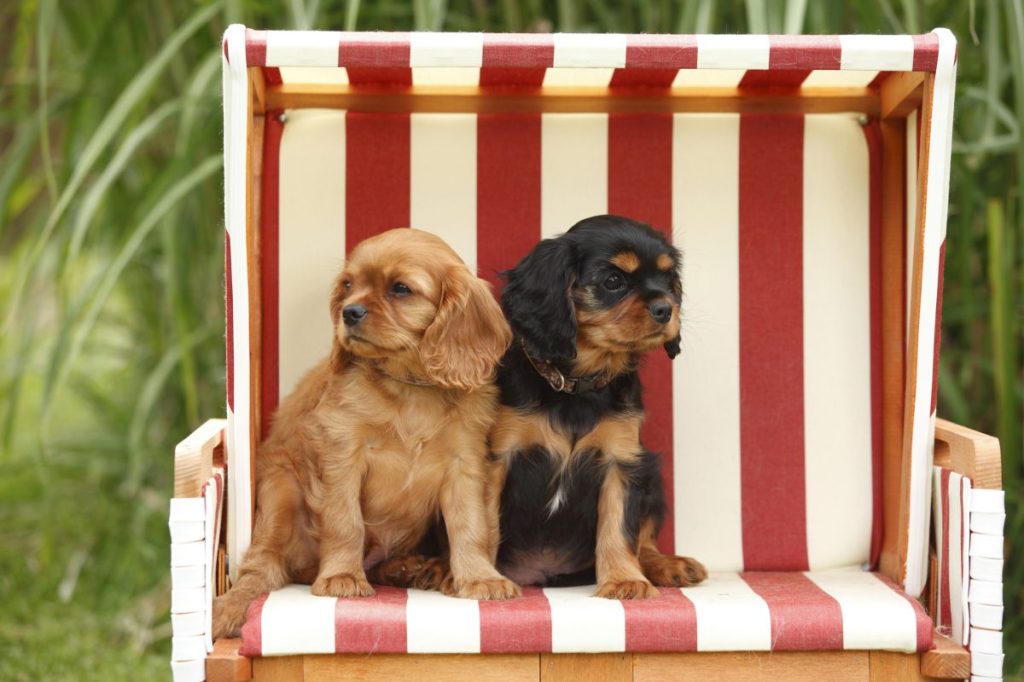Cavalier King Charles Spaniel puppies are irresistibly adorable and often characterized by their graceful and affectionate nature. Named after King Charles II of England, who was often depicted with similar Spaniels, these puppies have been bred for centuries to be perfect canine companions. With their charming eyes, feathery tail, and luxuriant coats of various colors, they stand out among other dog breeds for their delightful and attractive appearance. Additionally, they have a highly sociable temperament which makes them excellent family dogs. Below, we’ll take a look at a few interesting facts you must know about these puppies!
They were royal favorites
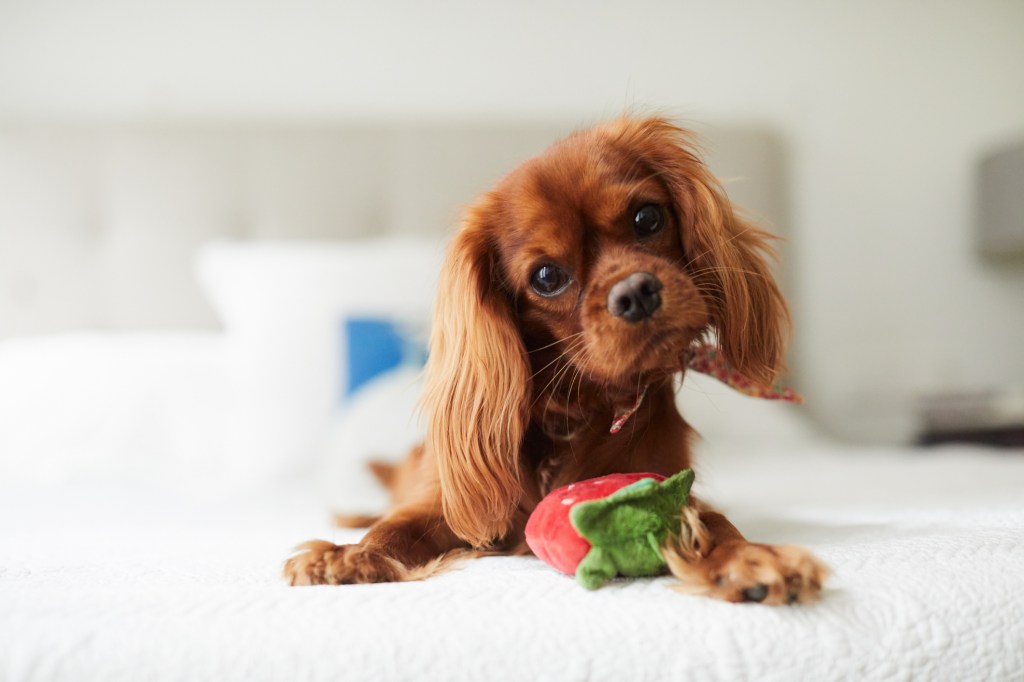
Cavalier King Charles Spaniels are named after King Charles II of England. It is said that he was rarely seen without two or three of these little dogs at his heels. Hence, they were royal favorites and even enjoyed privileges in the king’s court. Nowadays, their elegant and noble demeanor is loved by many pet enthusiasts. However, despite their aristocratic background, they’re not aloof. In fact, they are known to be sociable dogs, loving the company of both humans and other canines.
They come in four distinct color patterns
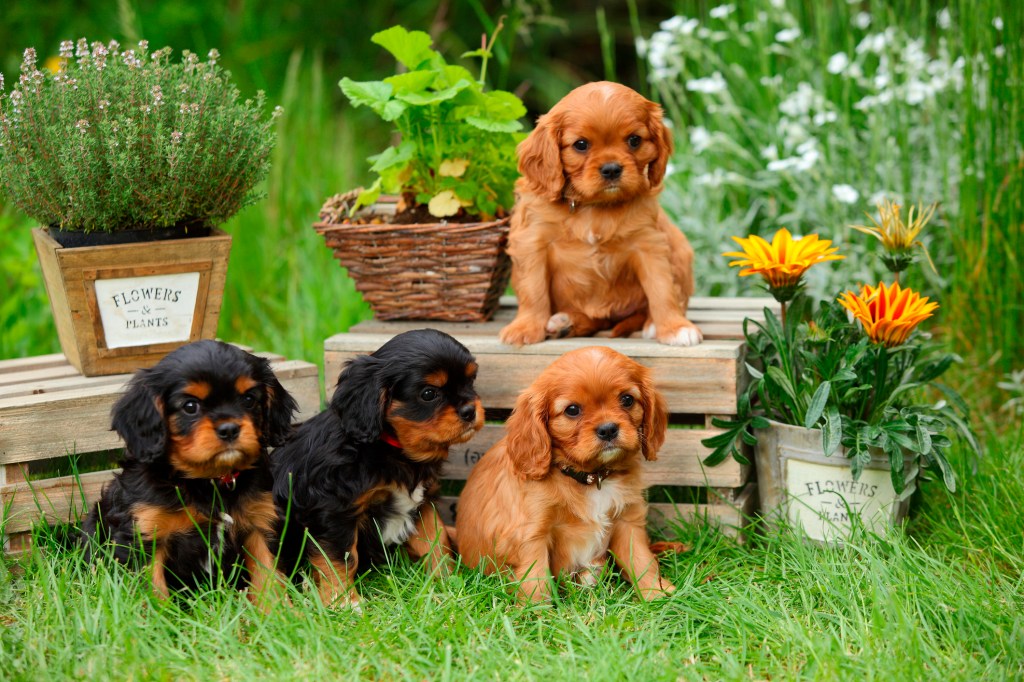
The American Kennel Club recognizes four different colors for Cavalier King Charles Spaniels. These are Blenheim (chestnut and white), Tricolor (black, white, and tan), Black and Tan, and Ruby. All these different colors and combinations are equally captivating, but Blenheim is perhaps the most famous — named after Blenheim Palace where the Duke of Marlborough raised this breed. As such, every Cavalier puppy will showcase a unique combination of these color patterns, making each one distinctly charming.
They have silky coats
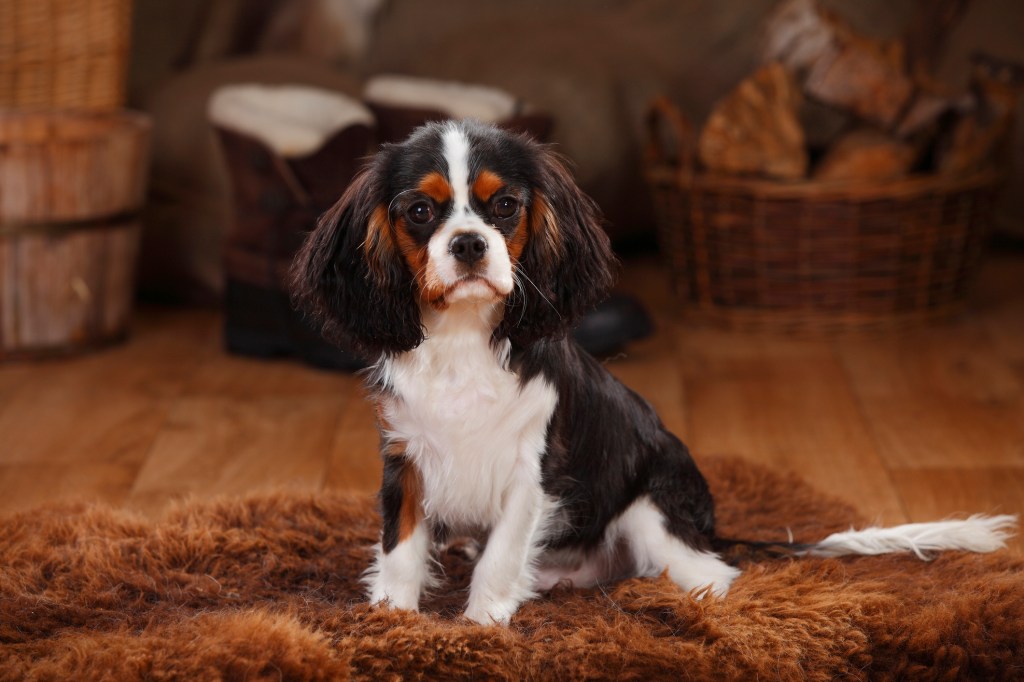
One of the most attractive physical characteristics of Cavalier King Charles Spaniels is their silky, glossy coats. They’re usually medium length, and the feathering on their ears, chest, legs, and tail adds to their overall allure. Even as puppies, their fur is rich and luxurious. However, despite its lush appearance, their coat doesn’t require extensive grooming. Regular brushing to prevent matting and tangling, coupled with occasional baths, keeps their coat looking its best.
They make perfect therapy dogs

Given their gentle and comforting nature, Cavalier King Charles Spaniel puppies are ideal therapy dogs. Their natural aptitude for bonding with people, combined with their soothing presence, makes them an excellent choice for therapy or assistance dogs. They have been known to provide comfort to individuals with illnesses, people living in nursing homes, or children with learning difficulties. Training a Cavalier puppy to be an emotional support dog requires patience and time, but their eager-to-please disposition helps make the process quite rewarding.
They have unique health requirements
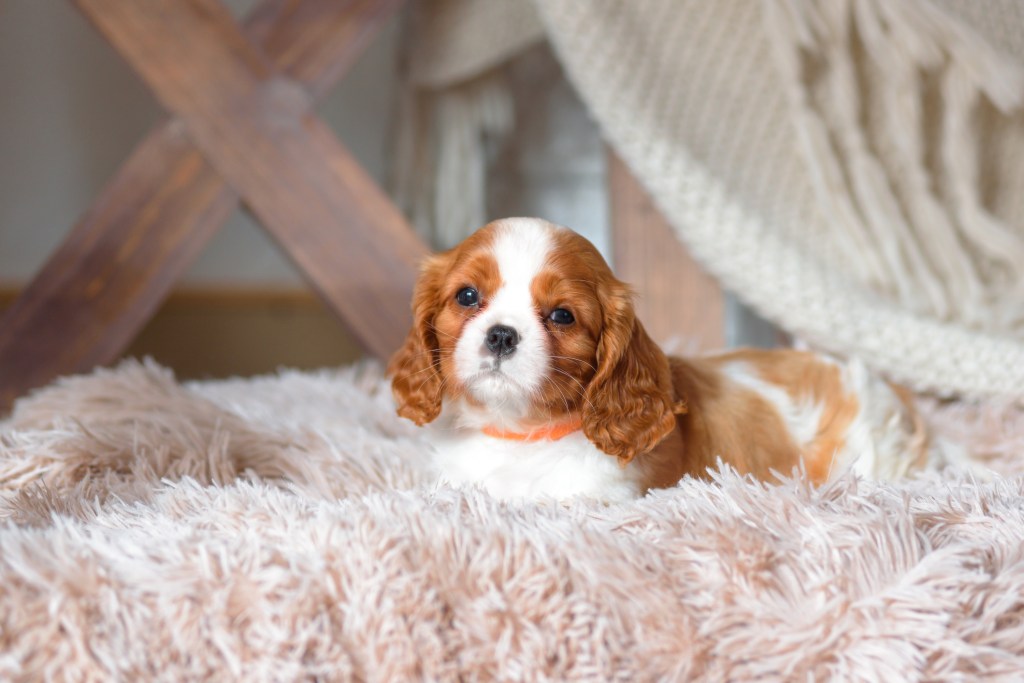
Like many purebred dogs, Cavalier King Charles Spaniels are prone to specific health issues. Heart disease, particularly mitral valve disease, is commonly seen in the breed, so puppies should undergo regular cardiac examinations as a precautionary measure. In addition, they can also be predisposed to eye issues and syringomyelia — a severe neurological disorder. Responsible breeding practices are vital to ensure that Cavalier puppies have the best chance of a healthy life.
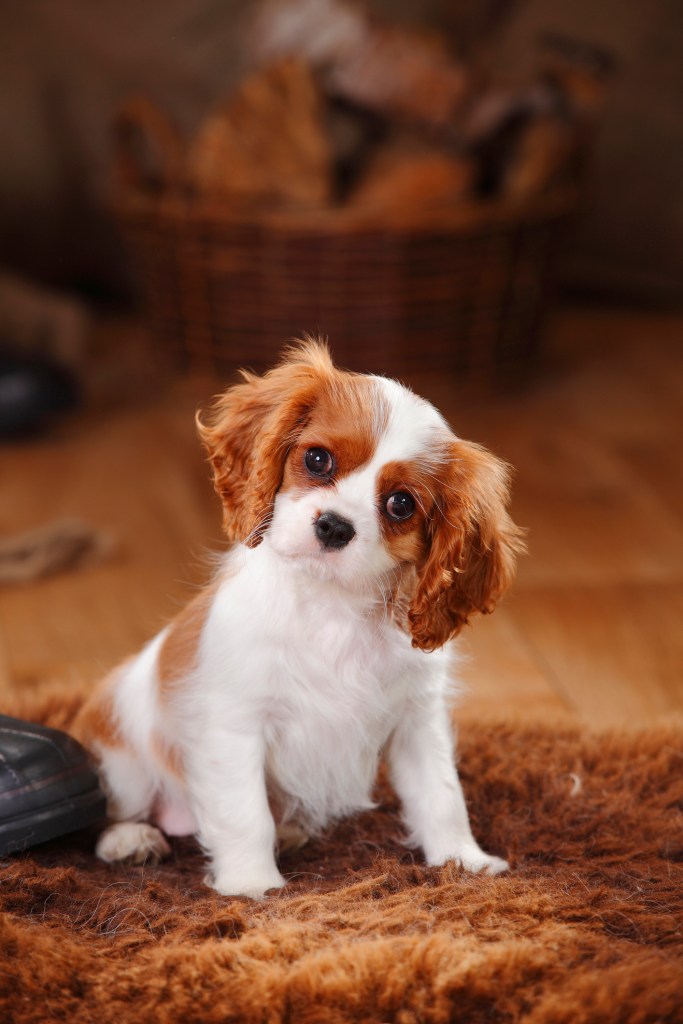

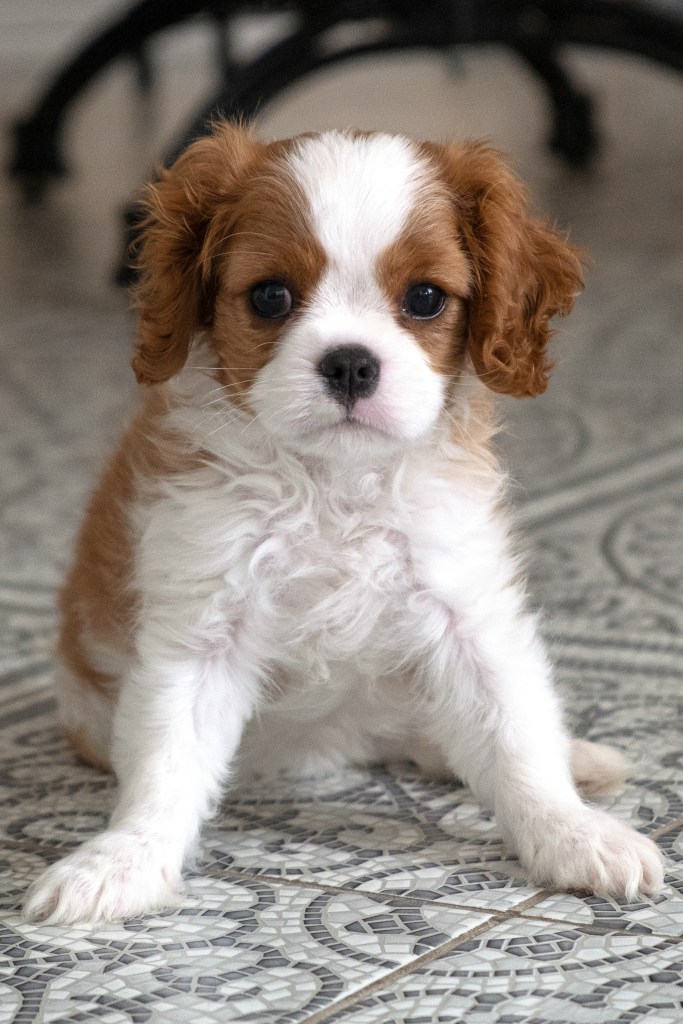
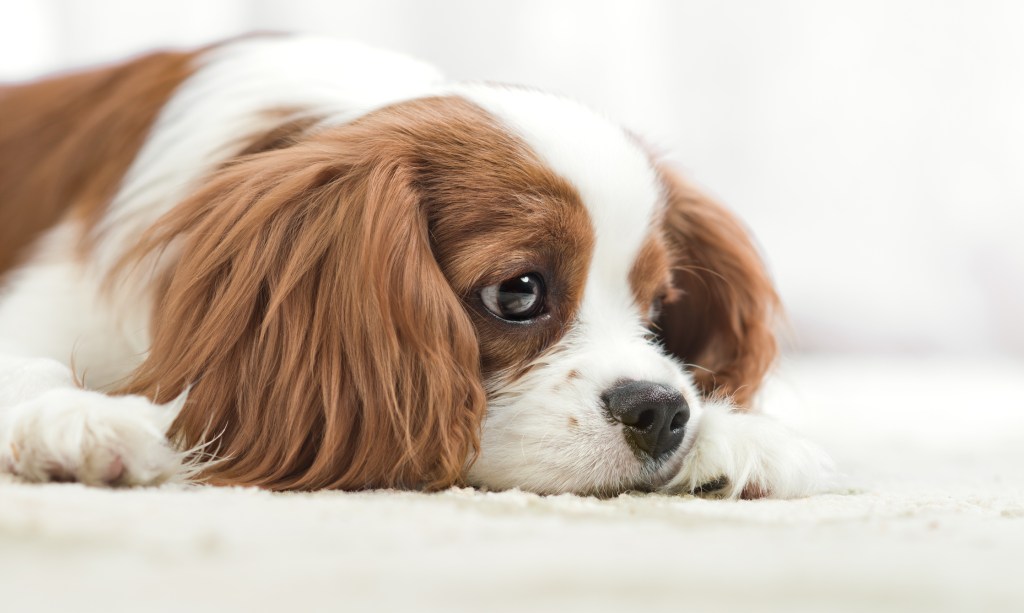
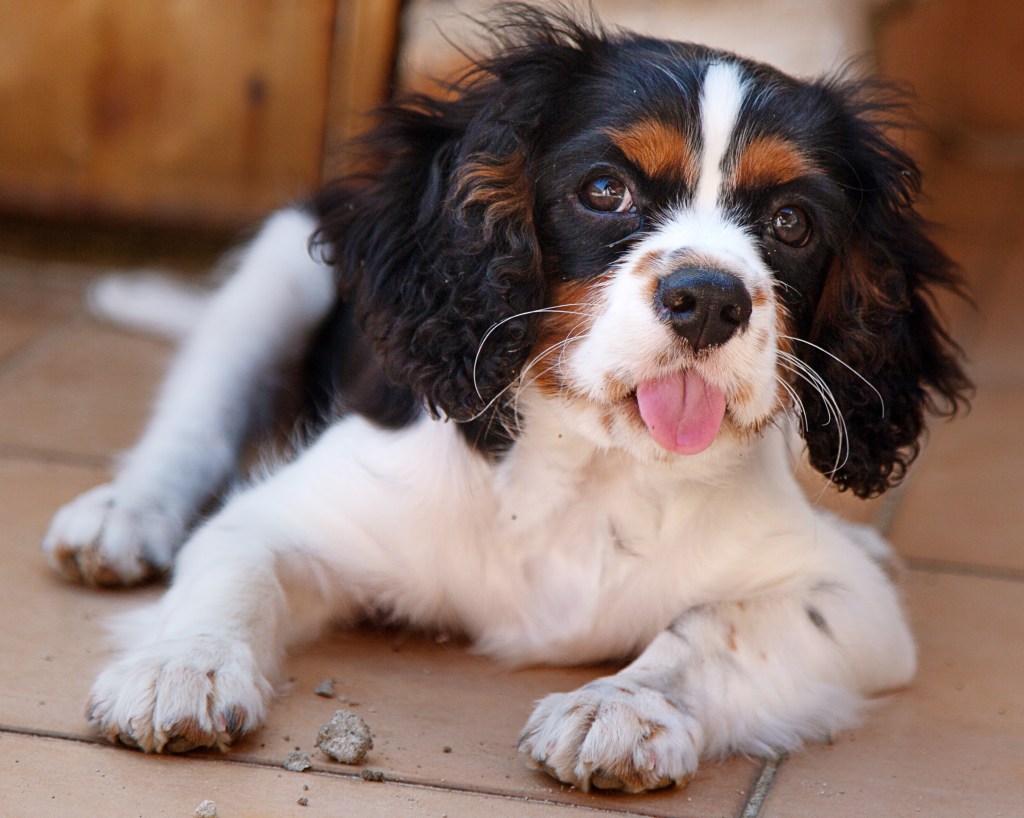
Cavalier King Charles Spaniel puppies are adorable, playful, and affectionate pets. They require attention, regular exercise, and a balanced diet to remain healthy and happy. Furthermore, training them early can help ensure they grow into well-behaved and sociable adult dogs. Despite their predisposition to certain health issues, with proper care and regular veterinary check-ups, these puppies can live a full and happy life. As such, they make a great companion for both individuals and families.
Considering adding one of these pups to your brood? Remember to always adopt, don’t shop!
